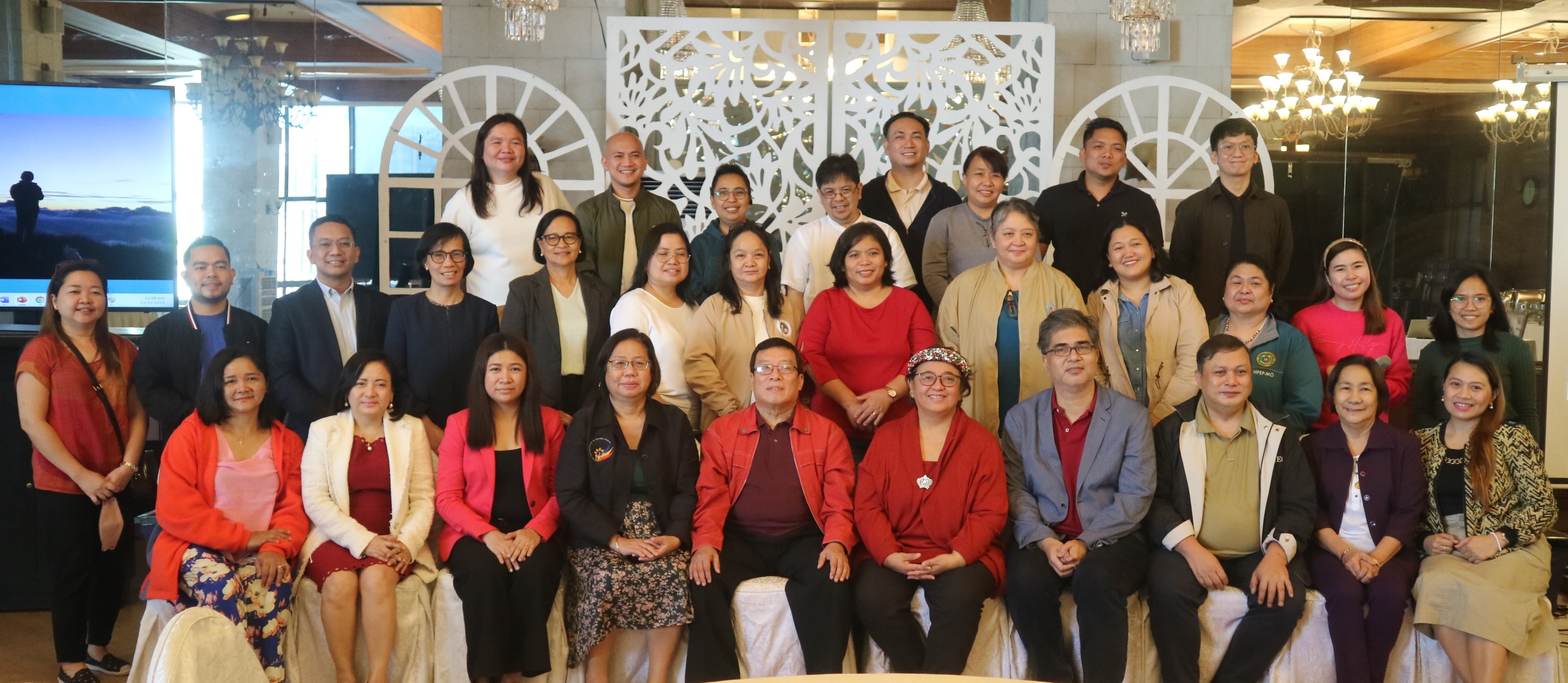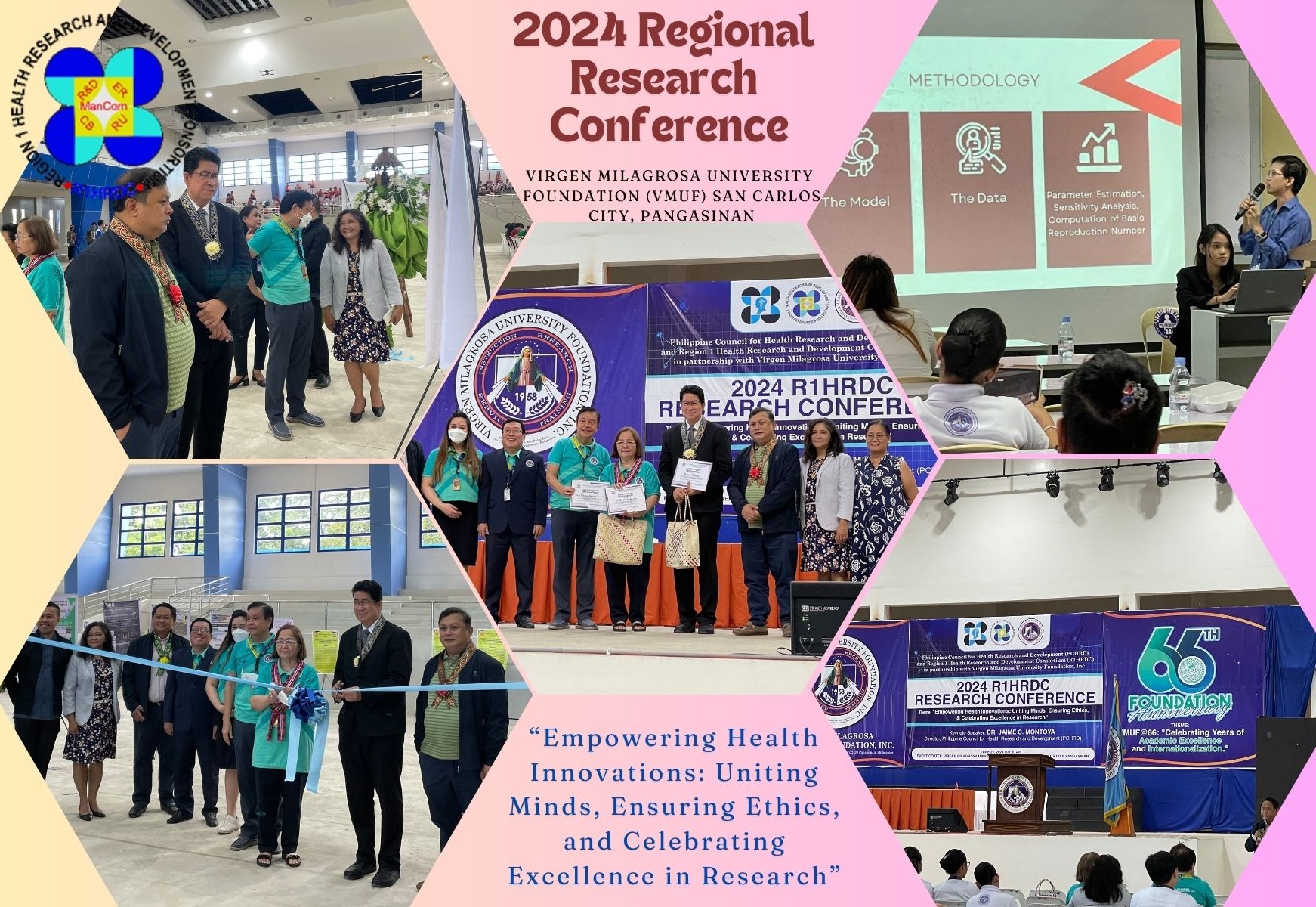ABSTRACT
Background: Over the last two decades, the World Health Organization (WHO) has proposed a global strategy and initiatives to build robust capacity for a Health Research System (HRS) focusing on Health Research Quality and Standardization (HRQS), Health Research Knowledge Transfer and Dissemination (HRKTD), and Health Research Translation and Utilization into Health Care Decisions and Policies (HRTUDP). Despite the expansion of health research productivity for several decades, HRS Capacity (HRSC) in Palestine and in the Middle East and North Africa (MENA) region generally has rarely been objectively evaluated. This study aims at eliciting the perceptions of HRS performers in Palestine in order to understand the status of the capacities of HRS, identify gaps, and to generate policies and solutions capable of strengthening HRSC in Palestine.
Methods: Purposive methods were used in this qualitative study to identify key informants from three sectors; government, academia, and local and international organizations. Fifty-two in-depth interviews were conducted with key informants and a total of fifty-two individuals participated in six focus groups. Data were analyzed by using MAXQDA 12.
Results: The overall pattern of the Palestinian HRS capacities is relatively weak. The key findings revealed that while HR productivity in Palestine is improving, HRQS is at an average level and quality guidelines are not followed due to paucity of understanding, policies, resources. HRKTD is a central challenge with both a dearth of conceptualization of translational science and inadequate implementation. The factors related to inadequate HRKTD include lack of awareness on the part of the researchers; inadequate regulatory frameworks and mechanisms for both communication and collaboration between and among researchers and policy-makers and clinicians; lack of availability of and credibility in systematized and reliable HR data. Despite the limited knowledge translation, in general, HRTUDP is not considered as an essential decision-making methodology mainly due to lack of knowledge producers and policy-makers interface, understanding level, HR credibility and availability of applied research, and governance, resources, and political fluctuations. A consolidating regulatory framework and an effective capacity strengthening strategy to promote HRQS as well as an understanding of concepts and practices of translational science and, most importantly, the use of findings for evidence-based policies and practice are substantial recommendations to make HRS well-capacitated and strengthened.
Conclusions: Strengthening HRSC is both an imperative step and an opportunity to improve the Palestinian health system based on research evidence and knowledge. Building a successful HRS characterized by capacities of high-quality research and well-disseminated and translated knowledge is a prerequisite to effective health systems and services. This can be achieved by a political commitment to support such strengthening, consolidated leadership and governance structure, and a strong operational capacity strengthening strategy.
Source: Research Fairness Initiative Newsletter | Feb 2020
Copyright: Council on Health Research on Development













